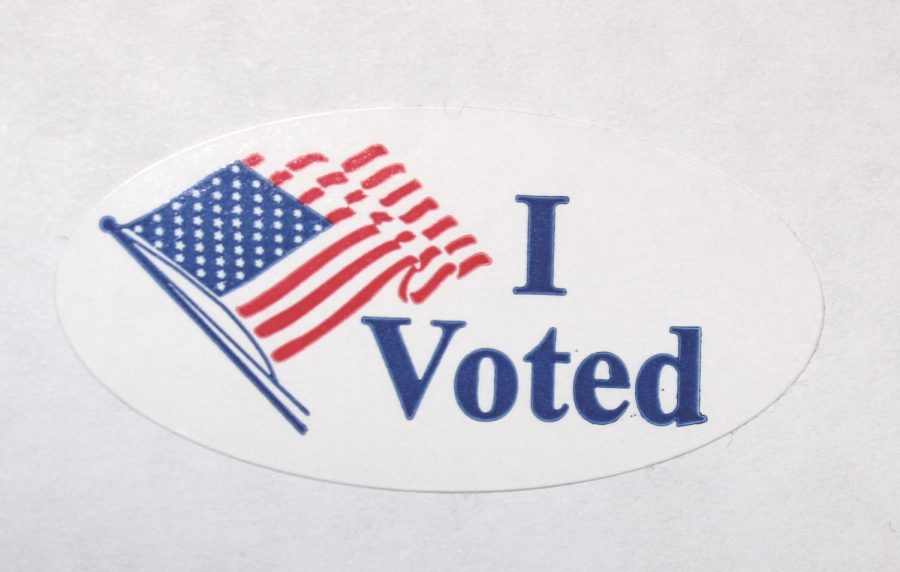16 Year Olds Should Be Allowed to Vote
New Mexico Lawmakers Consider Lowering Voting Age Requirement
I engage in politics, am well-versed in policy, and always seek to grow my understanding of social issues. I care immensely about each item on a ballot, yet don’t have any say in how my community is run. 16-year-olds should be granted national suffrage as they are impacted by legislation as much as adults, contain the capacity to vote, and would improve voter turnout.
On Jan. 6, 2022, Governor Michelle Lujan Grisham laid out a series of election and voting rights proposals as a top legislative goal for 2022. The Governor and Secretary of State Maggie Toulouse Oliver spoke in detail of the priorities for the 30-day session that began Jan. 18.
Nestled in the announcement was a proposal to permit New Mexico residents as young as 16 years old to vote in local elections. This would allow younger teens to have a say in local issues by voting in city council and school board elections.
Changing the voting age has been a longstanding debate in cities around the country. Takoma Park, Maryland became the first municipality in the U.S. to allow 16-year-olds to vote in local elections in 2013, followed by only a few others. And in March 2021, an amendment to the H.R. 1 voting rights package that would have lowered the voting age failed to pass despite support from the majority of House Democrats.
Teens are mature enough to drive, be tried in court, contribute to the national labor force, and pay taxes. On top of that, we attend the schools that are impacted by education policy, will grow up in a world altered by current climate policy, and will be severely affected by the state of student loan debt as we struggle to enter the workforce after college. Yet, we have no say in how our tax money is spent, how our schools are run, or what the future of our climate will look like. Policymakers decide everything about our future; we should get a say in electing them.
Lowering the voting age would also increase civic participation. If 16-year-olds were to begin voting, research predicts a long-term increase in voter turnout. Voting is habitual, and beginning that habit earlier for citizens would produce life-long voters. Schools would also be pushed to further implement civics education programs, teaching young people how to engage with society beyond casting a ballot.
Critics may argue that teenagers are not ready to vote. If the question is one of mental competency then we should limit which elderly people can vote, literacy tests should be applied ruthlessly throughout the country, and we should require a higher specified level of education of any U.S. voter. We don’t do any of that, so we shouldn’t for young people either.
Additionally, younger teens are just as capable as adults, if not more. In a 2009 study conducted by the Center for Civic Education, 96% of high-schoolers could name the vice president whereas only 74% of adults ages 18-80 could. As for decision-making, scientists have proved that the development of the prefrontal cortex does not conclude until around age 25. Thus maturity is clearly not the issue. To follow this logic, critics must surely believe we should raise the minimum age significantly. Conveniently, they don’t. Research also demonstrates that 16 and 17-year-olds are as politically aware and engaged as 18-year-olds. So, if not competency, maturity, or engagement, what is the difference between a 16-year-old and an 18-year-old?
Teens feel the effects of local and national policy just as adults do and can participate in virtually every other aspect of society except voting. We should not only lower the voting age in New Mexico but nationally as well. Young people feel the challenges of this country and it will be our responsibility to fix what is broken. Let us have a say in our future.

As Co-EIC this year, Halie is thrilled to be leading The Advocate. Since beginning their career in student journalism in sophomore year, they have developed...







